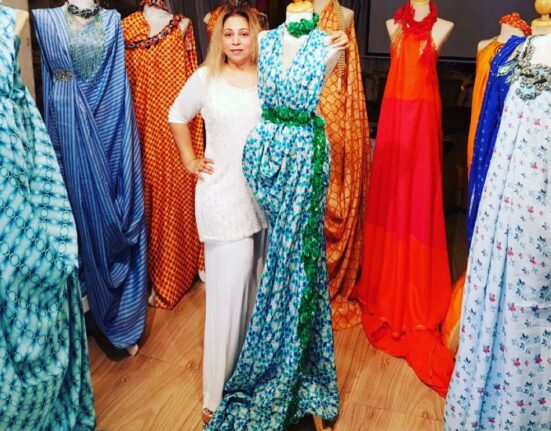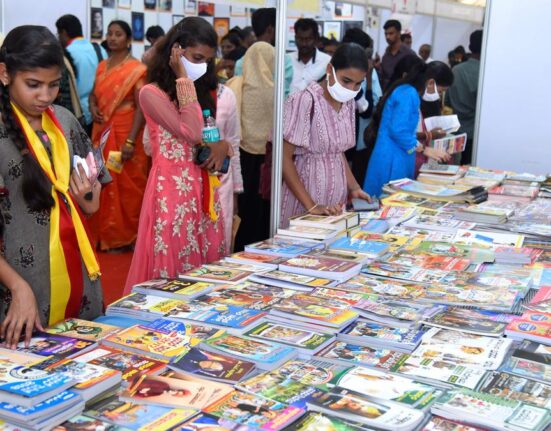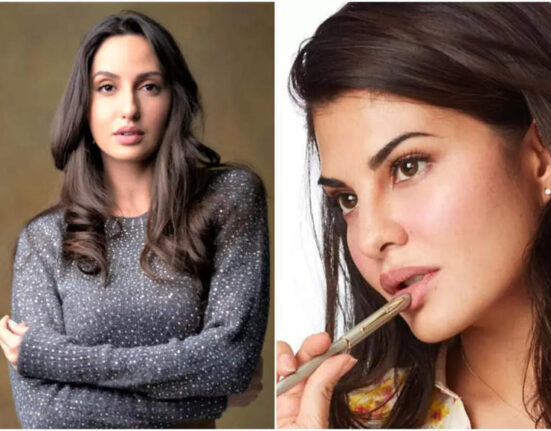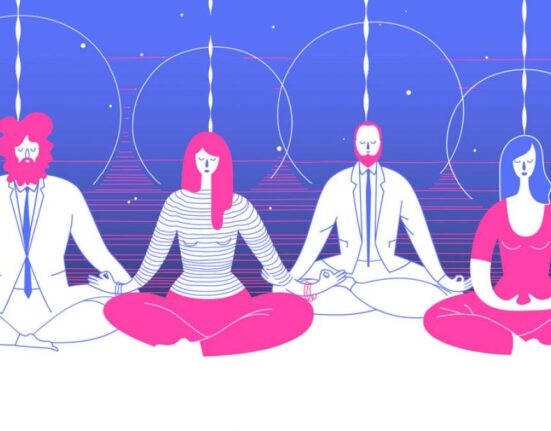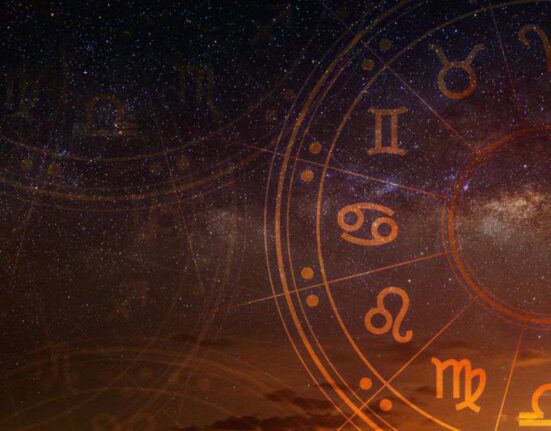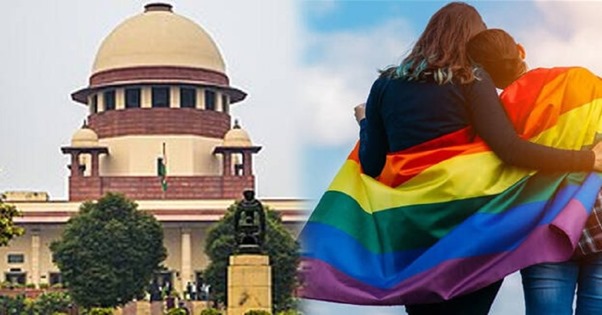In a significant ruling, the Supreme Court, with a 3-2 majority decision, held that legal recognition for same-sex marriages must be determined by Parliament and state legislatures, not the judiciary. The verdict emphasized several critical points:
- Recognition Lies with Legislatures: The responsibility of legalizing queer marriages now rests with legislative bodies.
- Protection and Rights: The state is mandated to protect and grant a range of rights to queer couples, acknowledging their unions.
- Joint Adoption: Unmarried queer couples have the right to jointly adopt children.
- Government Committee: The Centre will proceed with a committee led by the Cabinet Secretary to address concerns related to same-sex couples’ rights, including issues like ration cards, pensions, gratuity, and succession.
The five-judge Constitution bench, including Chief Justice DY Chandrachud, heard pleas advocating for the legal recognition of same-sex marriages. The petitioners argued that same-sex couples deserve equal rights, similar to heterosexual couples, in areas like spousal status, financial matters, medical decisions, inheritance, adoption, and surrogacy.
Chief Justice DY Chandrachud clarified that amending the Special Marriage Act wasn’t within the court’s purview, highlighting that legislatures should decide on marriage recognition. However, he stressed the importance of acknowledging the rights arising from such unions under existing legal frameworks.
Legal Protections for Queer Community
The Supreme Court emphasized the need to prevent harassment of the queer community by the police and deter unwarranted summoning of individuals based on their sexual identity. Additionally, the bench, also comprising Justices Sanjay Kishan Kaul, S Ravindra Bhat, Hima Kohli, and PS Narasimha, also ordered that inter-sex children are not forced to undergo operations. “No person shall be forced to undergo any hormonal therapy,” the chief justice-led bench said while dictating the order.
The bench also underscored the importance of preliminary inquiries before registering any case against a queer couple related to their relationship. These measures aim to protect the rights and dignity of the queer community.
The Supreme Court asked the Centre to proceed with the formation of a committee to address practical concerns of same-sex couples, such as getting ration cards, pensions, gratuity, and succession issues.
CJI issues directives for central and state governments:
- Governments are directed to ensure members of the queer community are not discriminated
- Ensure there is no discrimination in access to goods and services that are available to others
- Establish hotline numbers to help queer communities
- Establish hotline numbers so that discrimination can be reported
- No person shall be forced to undergo any hormonal therapy
Read more about the hearing at livelaw.in


